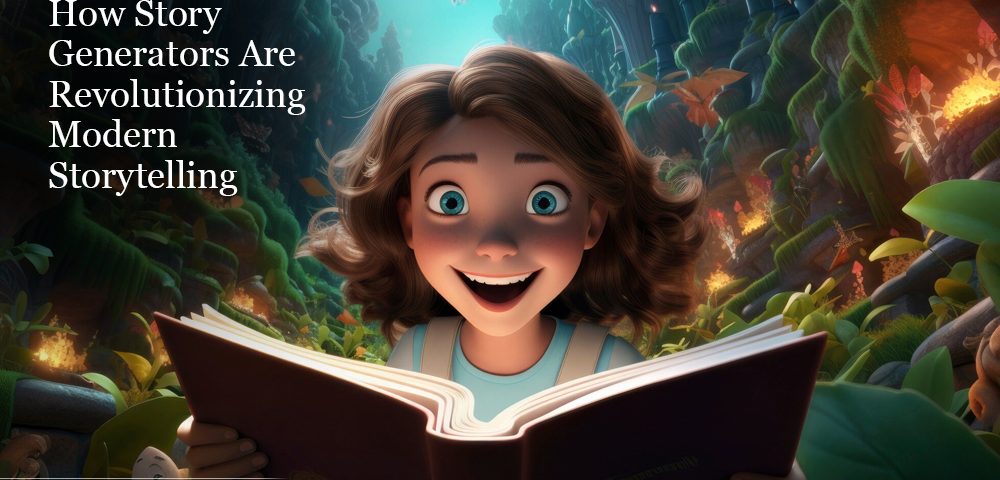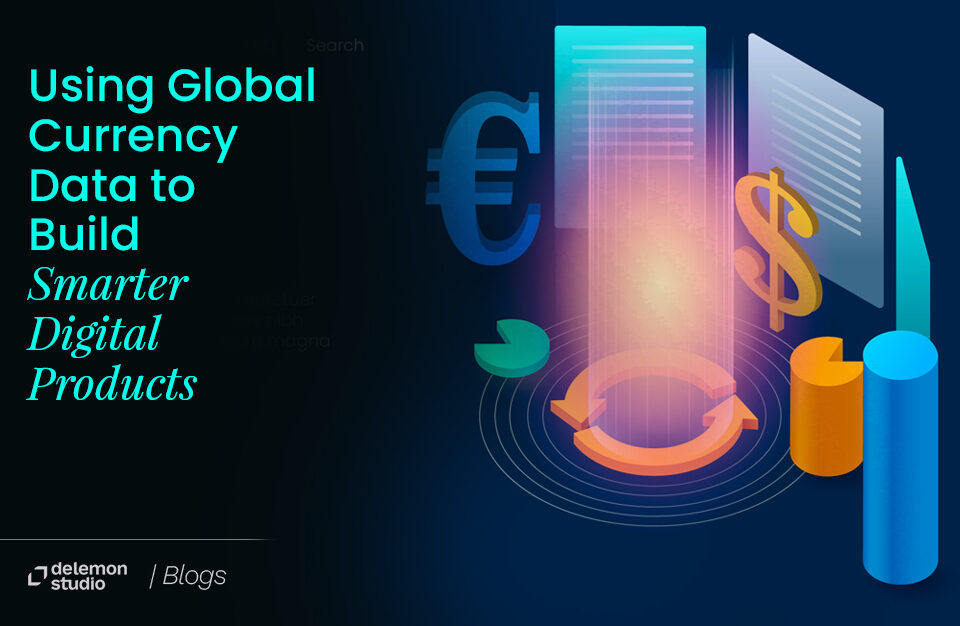
All About the Lash Lift Service
January 15, 2025
How Can AI Agents Enhance Patient Care in the Healthcare Industry?
April 26, 2025The landscape of storytelling has undergone a seismic shift with the advent of AI Story Generator. These tools, leveraging the power of artificial intelligence, have opened a new realm of possibilities, enabling writers, creators, and businesses to craft narratives with unmatched efficiency and creativity.
In this article, we delve deep into how story generators are transforming storytelling across various industries, enhancing creativity, and pushing the boundaries of what is possible in modern storytelling.
What Are Story Generators?
Story generators are software tools that use artificial intelligence (AI) and natural language processing (NLP) to create compelling narratives.
They can generate story ideas, plotlines, character arcs, dialogues, and even full-length manuscripts based on user inputs or prompts. These tools analyze vast amounts of data, including classic literature, modern fiction, and user preferences, to produce stories that resonate with readers.
The Evolution of Storytelling with AI Technology
1. Automation in Story Creation
Traditionally, crafting a story required time, effort, and often collaboration among teams. With AI story generators, the entire process becomes automated, allowing users to:
- Generate plots in seconds.
- Experiment with various genres effortlessly.
- Save time while focusing on refining the narrative.
2. Personalized Storytelling
AI tools enable the creation of personalized stories by adapting to specific prompts or user-defined parameters. Whether it’s a romance set in Paris or a sci-fi adventure on Mars, these tools can tailor content to fit exact needs, offering a level of customization previously unattainable.
3. Real-Time Feedback and Refinement
Modern story generators are equipped with algorithms that provide instant feedback, helping users enhance their narratives. From identifying plot holes to suggesting stylistic improvements, these tools act as virtual writing assistants.
Applications of Story Generators Across Industries
1. Publishing Industry
AI-driven story generators are revolutionizing the publishing world by enabling authors to produce drafts faster. Self-publishing authors, in particular, can benefit from these tools to streamline the creative process and compete with traditional publishing houses.
2. Gaming Industry
The gaming industry relies heavily on immersive storytelling. Story generators help game developers craft intricate storylines and dialogue trees, ensuring engaging narratives that enhance the player experience.
3. Marketing and Advertising
Brands use story generators to create emotional, relatable narratives that connect with their target audience. From brand storytelling to campaign ideation, these tools play a pivotal role in creating engaging content.
4. Educational Content
Story generators are being used to create educational narratives that are both informative and entertaining. These tools make it easier to design interactive learning materials that captivate learners of all ages.
The Benefits of Using Story Generators
1. Enhanced Creativity
Contrary to fears of stifling creativity, AI story generators inspire writers by offering fresh ideas and perspectives. Writers can use these tools as brainstorming aids to overcome creative blocks.
2. Accessibility for Novice Writers
Not everyone has the expertise to craft compelling stories from scratch. Story generators lower the barrier to entry, empowering novice writers to bring their ideas to life without extensive training.
3. Cost-Effectiveness
Hiring a team of writers or creative consultants can be expensive. Story generators provide a cost-effective alternative for businesses and individuals seeking quality narratives without breaking the bank.
4. Faster Turnaround Times
In a fast-paced world, time is of the essence. Story generators allow creators to produce quality content quickly, ensuring they meet tight deadlines without compromising on quality.
Challenges and Limitations
While the benefits of story generators are undeniable, they are not without challenges:
- Lack of Emotional Depth: AI-generated stories may lack the nuanced emotions that human writers bring.
- Dependence on Data: The quality of output heavily depends on the data the tool is trained on.
- Ethical Concerns: Questions about authorship and originality arise when AI-generated stories are published.
Despite these challenges, continuous advancements in AI technology are addressing these issues, making story generators increasingly reliable.
The Future of Storytelling with AI
The potential of story generators is limitless. As technology continues to evolve, these tools will:
- Integrate virtual reality (VR) to create immersive storytelling experiences.
- Enhance collaborative storytelling by allowing multiple users to work on a single narrative.
- Offer multi-language support, making storytelling accessible to a global audience.
By embracing these advancements, storytellers can look forward to a future where creativity knows no bounds.
Conclusion
Story generators are not just tools—they are catalysts driving the next wave of storytelling innovation. By combining the power of AI with human creativity, these tools are revolutionizing how stories are crafted, consumed, and shared. Whether you're an author, marketer, or educator, story generators provide an invaluable resource to elevate your narratives and captivate your audience.









